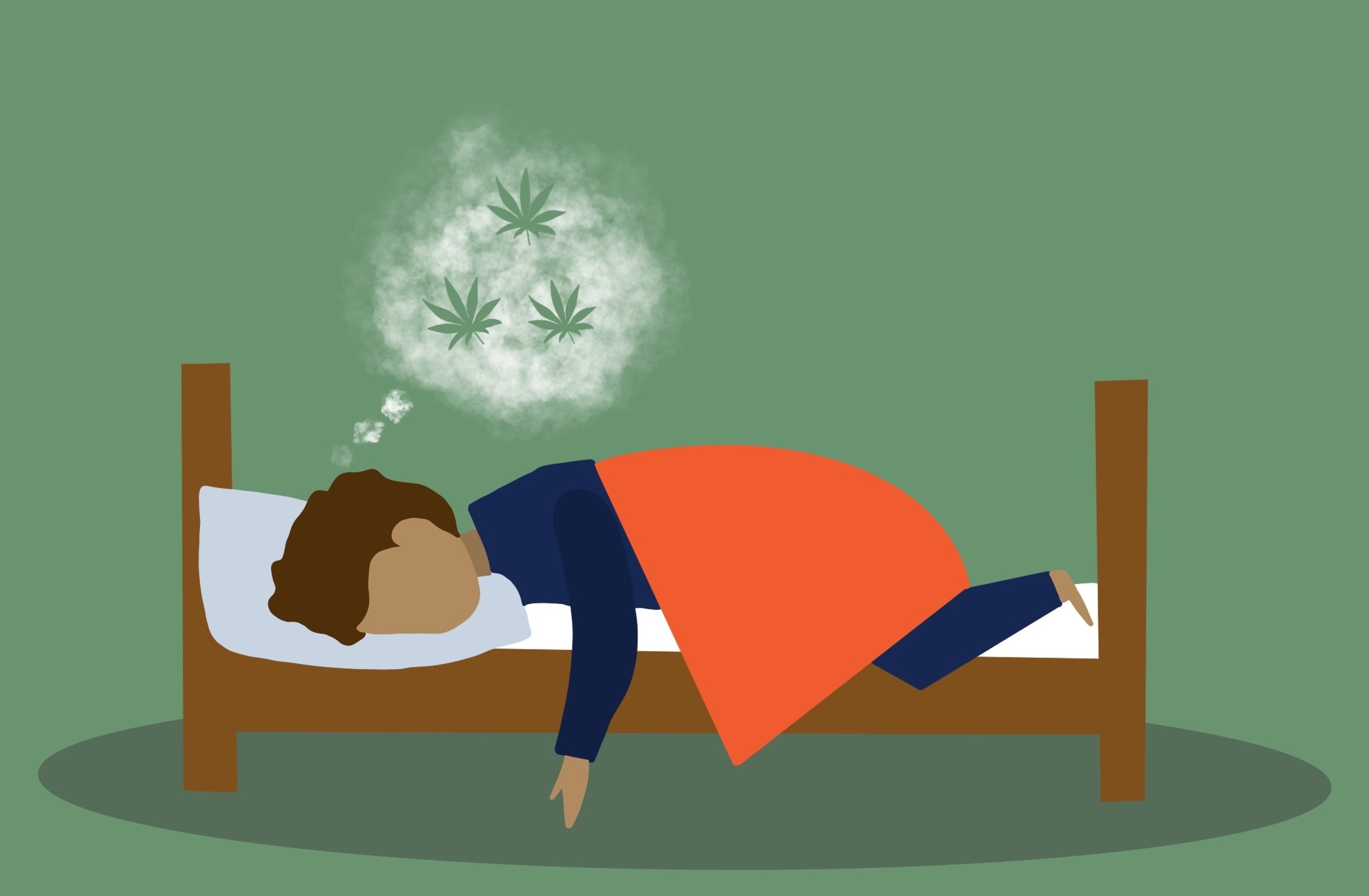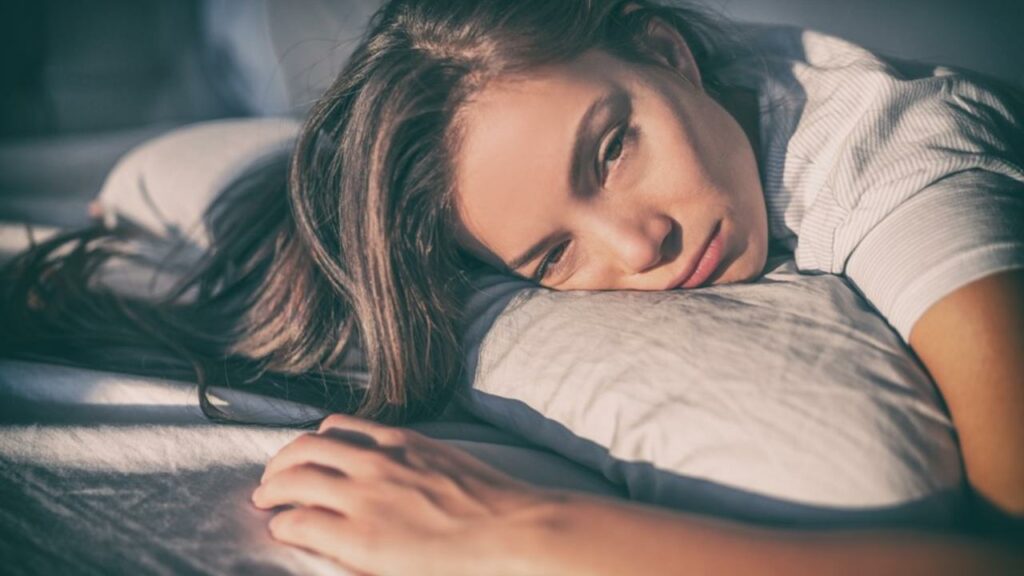Cannabis
Cannabis Users Less Reliant on Sleep Aid
In recent years, there has been growing interest in the potential benefits of cannabis for promoting better sleep. Previous research has suggested that smoking or vaping cannabis can help individuals achieve a good night’s rest. A recent analysis conducted by researchers at Washington State University (WSU) sheds light on this topic. Revealing, that Cannabis users less reliant on sleep aid. The study, published in the journal Exploration of Medicine, provides valuable insights into the preferences and perceived effects of cannabis use for sleep among individuals.
Cannabis Users Less Reliant on Sleep Aid

The study, led by Associate Professor Carrie Cuttler, Ph.D., and psychology doctoral student Amanda Stueber, involved analyzing self-reported data from over 1,200 medical cannabis users who reported using cannabis for sleep. The participants were surveyed on their use of cannabis, other sleep aids, and the effects they perceived from different products.
The findings of the study were enlightening. Over 80% of the respondents stated that they no longer used over-the-counter or prescription sleep aids after incorporating cannabis into their sleep routine. Interestingly, many participants expressed a strong preference for inhaling high-THC cannabis through smoking or vaporizing flower. These fast-acting methods have been shown in previous research to assist with falling asleep.
The Role of Specific Compounds
The study also highlighted the importance of specific compounds in cannabis, particularly CBD and myrcene. Approximately 50% of the participants reported using cannabis strains rich in CBD and myrcene, a terpene found in cannabis, hops, basil, and other plants. It is worth noting that myrcene-dominant strains like Grandaddy Purple, Northern Lights, and Blueberry are often associated with tranquility and better sleep.
While THC and CBD are well-known cannabinoids, the role of myrcene in promoting sleep has received less attention. Myrcene is a common terpene found in cannabis and other plants, and there is limited research on its effects on sleep in humans. This study emphasizes the need for further research on the potential benefits of myrcene for sleep.
Comparing Cannabis to Conventional Sleep Aids
The study participants reported several advantages of using cannabis for sleep compared to conventional sleep aids. Cannabis users reported feeling more refreshed, focused, and better able to function in the morning after using cannabis. They also experienced fewer headaches and less nausea compared to when they used traditional sleep aids.
However, it is essential to consider the potential side effects. Cannabis users reported feeling sleepier, as well as more anxious and irritable in the morning after using cannabis compared to other sleep aids. They were also more likely to experience dry mouth and red eyes. Despite these side effects, cannabis did not produce a “hangover” effect commonly associated with long-acting sedatives and alcohol.
Duration of Sleep and Alternative Methods
The study also examined the duration of sleep among cannabis users. More than 60% of the participants reported getting the recommended six to eight hours of sleep when using cannabis alone. In contrast, less than 20% of the sample reported getting the same amount of sleep while using prescription or over-the-counter sleep aids, or a combination of cannabis and sleep aids.
The study also explored alternative methods of consuming cannabis for sleep. While smoking and vaporizing were the most common methods, a smaller percentage of participants reported using cannabis edibles or capsules containing THC.
It is important to acknowledge the limitations of this study. The participants were already using cannabis for sleep and may have had a biased perception of its benefits. Future research should employ more objective sleep measures to gain a comprehensive understanding of the effects of cannabis on sleep. Furthermore, researchers need to conduct additional studies to explore the specific effects of myrcene on sleep in humans.
Despite these limitations, the study provides valuable insights for healthcare professionals and individuals seeking alternative solutions for sleep-related problems. It highlights the increasing trend of cannabis users relying less on traditional sleep aids and medications.
Conclusion
The analysis conducted by researchers at Washington State University reveals a growing trend. Cannabis users are less reliant on sleep aids. The study emphasizes the preferences and perceived effects of cannabis use for sleep. With participants reporting advantages such as feeling more refreshed and focused in the morning. While further research is needed to explore the specific effects of compounds like myrcene. This study provides valuable insights for both healthcare professionals and individuals seeking alternative sleep solutions.
As the interest in the potential benefits of cannabis for sleep continues to grow, it is crucial to conduct more controlled research and clinical trials. By validating the efficacy of specific compounds and exploring their potential use in sleep aids, we can provide evidence-based guidance for those seeking natural alternatives to promote better sleep.


